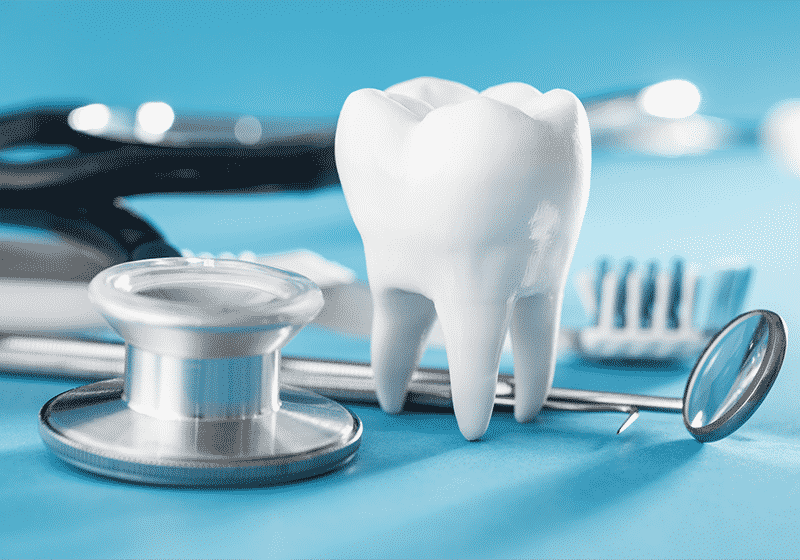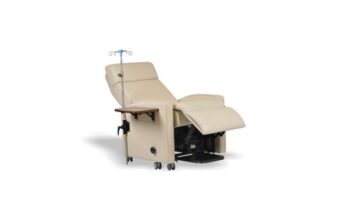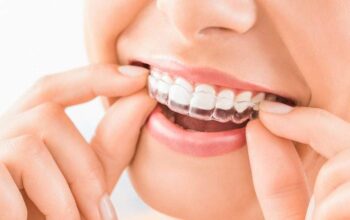Why Regular Dental Cleaning Matters
Oral hygiene is an essential part of overall health, yet many people overlook routine dental care. One of the most effective ways to maintain a clean, healthy mouth is through dental polishing and scaling—a procedure designed to remove plaque, tartar, and stains that brushing and flossing can’t reach.
While brushing twice daily and flossing regularly are vital, professional cleanings offer a deeper level of cleanliness that reduces the risk of gum disease, bad breath, and tooth decay.
What Is Dental Polishing and Scaling?
Dental polishing and scaling is a two-step professional dental procedure typically performed during regular checkups. The process targets plaque buildup and enhances the smoothness of your teeth for both health and cosmetic benefits.
Scaling: Removing Harmful Deposits
Scaling involves removing hardened plaque (also called tartar or calculus) from the tooth surface and below the gum line. This is done using manual hand tools or ultrasonic scalers that break down the deposits without damaging the enamel.
The benefits of dental scaling include:
- Reduction of gum inflammation
- Prevention of periodontal (gum) disease
- Elimination of bad breath caused by bacteria
- Improved gum-to-tooth attachment
Polishing: Smoothing and Shining the Teeth
After scaling, teeth are polished using a rotating rubber cup and a special gritty paste. Polishing removes surface stains and residual plaque while giving your teeth a smooth, shiny finish. It helps prevent future buildup by making it harder for bacteria to adhere to the tooth surface.
Signs You May Need Professional Scaling
Even with regular oral care at home, you may experience signs that indicate the need for professional cleaning. These include:
- Bleeding gums when brushing or flossing
- Persistent bad breath despite good hygiene
- Visible tartar around the gumline
- Receding gums
- Tooth sensitivity
- Stained or discolored teeth
If you experience any of the above, booking a dental appointment for cleaning can help prevent more serious issues.
Benefits of Regular Dental Polishing and Scaling
Maintaining a consistent schedule for professional cleanings offers both short-term and long-term benefits:
Health Benefits
- Prevents gum disease: Removing tartar and bacteria helps stop the progression of gingivitis and periodontitis.
- Reduces tooth decay: Plaque buildup is the main cause of cavities, and regular cleaning reduces this risk.
- Improves heart health: Research shows a link between gum disease and cardiovascular conditions.
- Early detection of dental issues: Dentists often detect early signs of oral problems during cleaning sessions.
Cosmetic Benefits
- Whiter teeth: Polishing removes external stains caused by coffee, tea, and smoking.
- Fresher breath: Clean teeth and gums eliminate odor-causing bacteria.
- Smoother teeth: Polished enamel feels smoother and looks cleaner.
Recommended Frequency for Scaling and Polishing
For most individuals, visiting the dentist every six months is sufficient. However, those with a history of gum disease, diabetes, or orthodontic appliances may need more frequent visits.
Dentists can tailor a schedule based on your oral health condition, ensuring optimal results and preventing future complications.
How the Procedure Works
A typical session of dental polishing and scaling includes:
- Initial exam – The dentist or hygienist checks for signs of inflammation, tartar buildup, and any oral issues.
- Scaling – Tartar and plaque are removed using ultrasonic or manual scalers.
- Polishing – Teeth are polished to remove surface stains and smoothen enamel.
- Fluoride treatment (optional) – May be offered to strengthen enamel and reduce sensitivity.
- Post-care instructions – Patients are guided on how to maintain oral hygiene at home.
The entire session usually takes 30 to 60 minutes, depending on the extent of buildup.
Potential Side Effects After Cleaning
While the procedure is generally safe and pain-free, some patients may experience:
- Slight gum tenderness or bleeding for a day or two
- Temporary tooth sensitivity to hot or cold
- Mild soreness in the jaw if deep cleaning was performed
These effects typically subside within a couple of days. Dentists may recommend using a soft toothbrush and desensitizing toothpaste during this time.
Tips to Maintain Clean Teeth Between Visits
To prolong the benefits of dental cleaning, follow these steps:
- Brush twice daily using fluoride toothpaste
- Floss once a day to remove plaque from between teeth
- Rinse with an antibacterial mouthwash
- Limit sugary snacks and acidic drinks
- Avoid smoking or tobacco use
- Drink plenty of water to wash away food debris
- Use a soft-bristled toothbrush and replace it every 3 months
FAQs
Is dental polishing and scaling painful?
Most people find the procedure comfortable. A mild scraping sensation may occur during scaling, and polishing feels like a gentle rub. If you have sensitive teeth, you can request numbing gel or local anesthesia.
How long does the procedure take?
A routine cleaning generally takes between 30 to 60 minutes. The time may vary depending on tartar buildup and your oral health status.
Can I eat right after the procedure?
Yes, though it’s advisable to wait about 30 minutes if you’ve received a fluoride treatment. Avoid staining foods and drinks like coffee or berries for at least a few hours.
How often should I get my teeth cleaned?
Most dental professionals recommend every six months. However, individuals with gum disease or orthodontic appliances might require cleaning every 3 to 4 months.
Does polishing whiten teeth?
Polishing removes surface stains, making teeth appear cleaner and slightly whiter. However, for deep discoloration, professional whitening treatments may be more effective.
Conclusion
Maintaining excellent oral hygiene is a combination of daily home care and professional treatment. Dental polishing and scaling are fundamental to preserving healthy teeth and gums while enhancing your smile. Beyond aesthetics, this routine procedure helps prevent disease, detect issues early, and contributes to your overall health.




